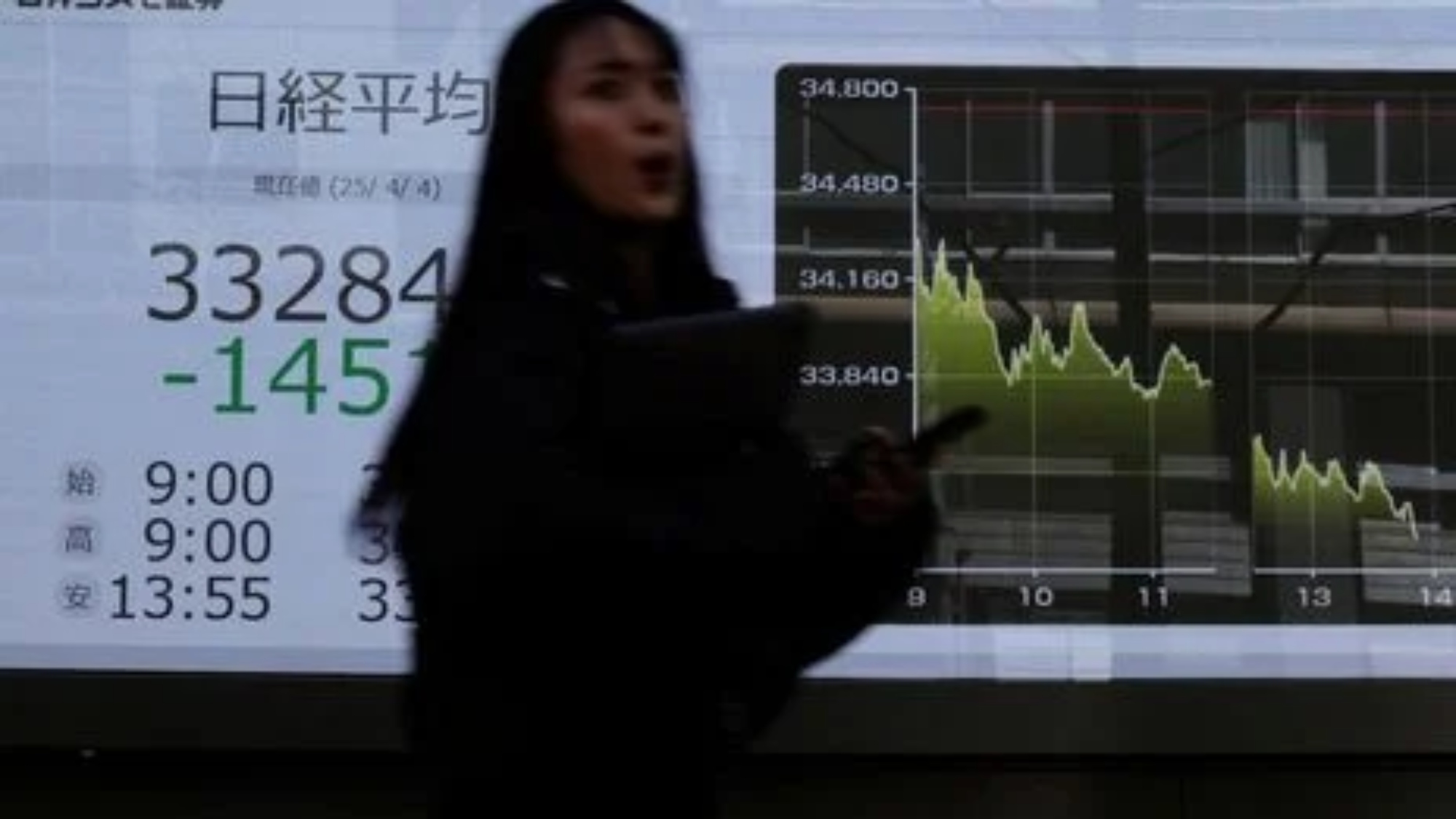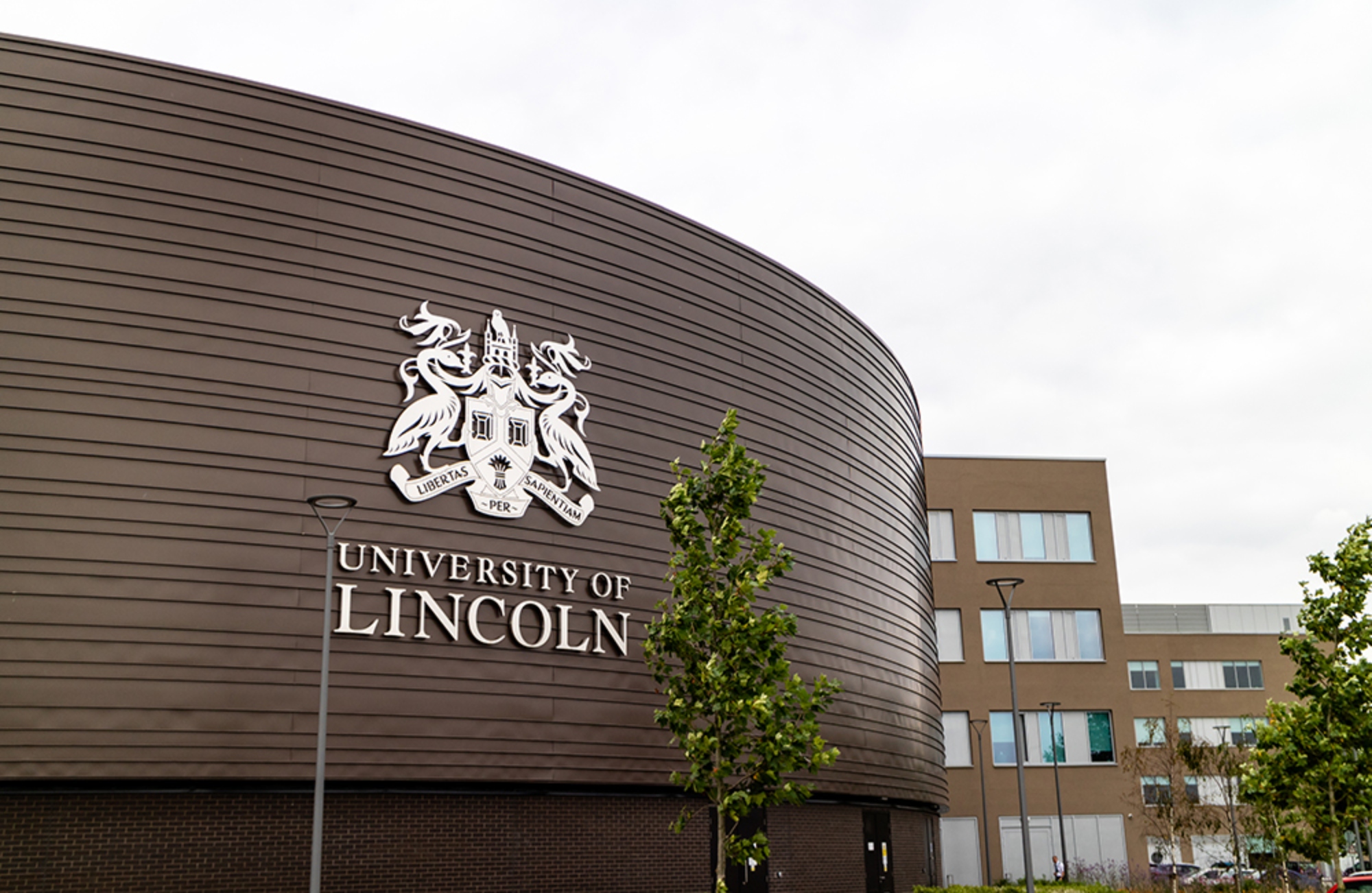University of Ghana and JICA Partner to Advance Japanese
Studies
The University of Ghana, in collaboration with the Japan
International Cooperation Agency (JICA), has inaugurated the JICA Chair Program
for Japanese Studies at its Center for Asian Studies. This forward-thinking
initiative offers Ghanaian students, researchers, and professionals a unique
opportunity to explore Japan's journey of modernization, human capital growth,
and technological progress. By delving into Japan's development model,
participants will gain insights that can support Ghana's own path toward resilient
economic transformation.
Suzuki Momoko, JICA Ghana’s Chief Representative,
highlighted the program’s potential to enhance Ghana's professional skills base
while fostering international connections. She emphasized that this endeavor
would go beyond academic knowledge, serving as a bridge to cultivate
communication networks and professional ties across borders. “This will equip
individuals who can dream of a better future and realize their diverse
potentials,” Momoko stated, underscoring the program’s aim to enrich career
opportunities and build globally competitive talent.
Globally, the JICA Chair Program operates in numerous
universities, with a focus on developing leaders in emerging economies. By
partnering with the University of Ghana, JICA aims to deepen Japan-Ghana
relations and empower Ghanaians to tackle global issues effectively. The
Japanese Ambassador to Ghana, H.E. Mochizuki Hisanobu, applauded Ghana’s
developmental strides but pointed out the nation's infrastructural challenges.
He noted that the JICA Chair Program could significantly support Ghana's growth
aspirations by inspiring innovative solutions.
Dr. Lloyd Adu Amoah, Director of the University of Ghana’s
Center for Asian Studies, expressed optimism about the program's role in
broadening Ghana’s engagement with Asia. “Positioning Ghanaians to engage the
Asian world is crucial for tapping into innovative advantages,” he remarked,
underscoring the value of knowledge exchange for Ghana's future.
Themed “Understanding Japan’s Developmental ‘Miracle’ from
the Meiji Revolution to the Present,” the launch event attracted policymakers,
academic experts, business leaders, and students, sparking discussions on the
potential of Japanese studies to drive Ghana’s socioeconomic advancement.










.jpg)